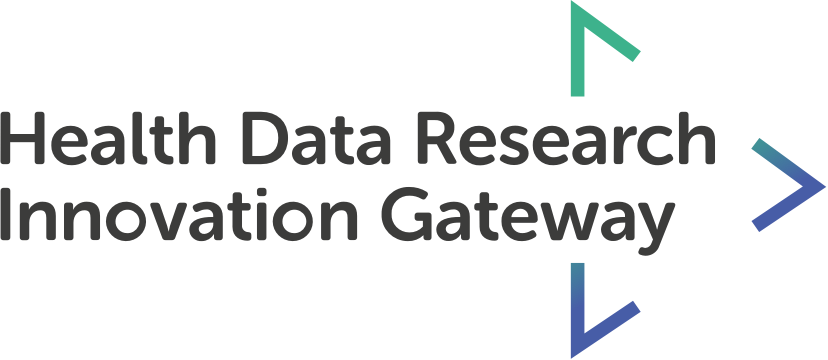CARIS aims to collect reliable data about congenital anomalies that can then be used to help:
- build up and monitor the picture of congenital anomalies in Wales
- assess interventions intended to help prevent or detect congenital anomalies
- plan and co-ordinate provision of health services for affected babies and children
- assess possible clusters of birth defects and their causes
CARIS collects information about any fetus or baby who has or is suspected of having a congenital anomaly and whose mother is normally resident in Wales at time of birth. It includes babies in whom anomalies are diagnosed at any time from conception to the end of the first year of life. Data collection commenced on 1st January 1998 and includes any baby where pregnancy ended after this date.
CARIS uses a multi-source data collection method using a wide range of sources within the NHS. This ranges from antenatal ultrasound, clinical letters, post-mortems and laboratory results. CARIS also accesses a number of databases including SHIRE (Medical Genetics database), PEDW, NCCHD, Paediatric Cardiology database. Medical records are accessed to confirm, validate and add further details to the information already collected.
Due to the nature of this dataset linkage based on the babies is challenging. This is because many pregnancies (approximately 20% of the total) end in fetal loss or termination. However, linkage based on the mother can be performed.
Original content: Health Data Research Innovation Gateway
